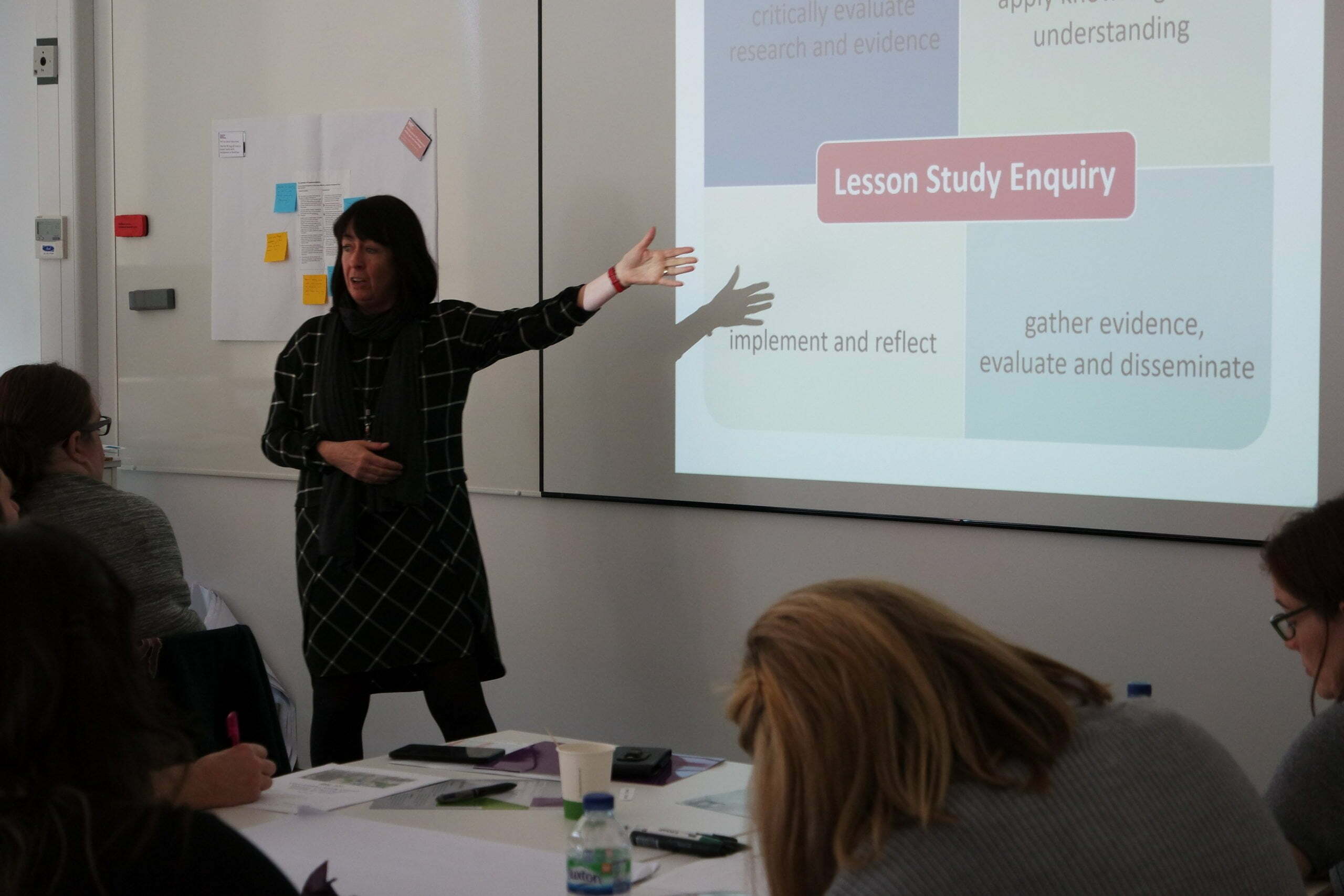Written by Bridget Clay
A Guardian Teacher Network Poll asked the question: ‘who is responsible for professional development in schools?’ Perhaps unsurprisingly, the results of the poll proved far from conclusive.
Whilst the majority of respondents (58%) answered that the responsibility lay with senior leadership in schools, a significant number (30%) answered that individual teachers should take responsibility. A small minority (12%) felt that responsibility lay with the government.
In light of these findings, and with obvious confusion as to the role colleagues and external bodies should play, it is important to clarify exactly how individual teachers can and should take initiative over their own professional learning or continuing professional development (CPD) given the right support.
Why teachers?
Research shows that effective professional development leads to a positive impact, not only on pupil motivation, achievement and attitude to work, but also for the staff involved. Effective CPD can lead to greater confidence amongst teachers, greater self-efficacy and greater enthusiasm and willingness to try new things and innovate in their practice. Teachers are certainly driven to improve their pupils’ outcomes and also have a vested interest in ensuring that they participate in effective CPD.
The most effective CPD is that which is teacher-driven, collaborative and relevant to teacher’s classes and pupil learning. The NFER’s Teacher Voice survey in 2009 showed that while ‘courses’ were the most commonly experienced form of CPD, collaborative CPD was consistently rated as useful by large proportions of respondents. Conversely, CPD that is top down and ‘done to’ staff, is often unpopular and less effective.
Does the reality of CPD in schools reflect the evidence of what works best?
The TDA ‘State of the Nation’ research study in 2008 showed that many teachers felt that ‘issues for whole-school improvement are prioritised at the expense of personal-professional CPD needs’. This was particularly the case where there were changes in the schools’ status, such as being placed in special measures, which then led to a change in CPD that became focused on school-wide outcomes.
In such circumstances, both schools and their staff are under enormous pressure and, despite the undoubted benefits of investing and engaging in staff professional development, truly effective professional development, which is collaborative, pupil focused and teacher driven, gets pushed aside.

As a result many teachers have lost sight of taking responsibility for their own professional development. Teachers need support and freedom to focus on their own professional development and as such they cannot take sole responsibility for CPD provision: school leadership, school culture and even national policy must also play a significant role.
What drives success?
The implementation of good quality professional development will benefit teachers, school leaders and the government (as well as pupils and parents) and as such, all of the above should take responsibility for supporting its implementation and embedding a culture where it is valued and desired.
Teachers should be free to innovate, to take risks, to share their findings and engage in research and evidence that may inform their practice. Similarly, government and national policy makers are in a position to support effective professional development by providing opportunities for schools to share best practice nationally and to place value on innovation and development of practice.
And whilst all play an important part, it is, however, the ultimate responsibility, and in the absolute interest of the individual teacher to ensure that they are finding and engaging in professional learning to continually improve their practice. We now need to focus on creating a culture both in our schools and the wider national system to make sure that effective opportunities for CPD are being provided.



